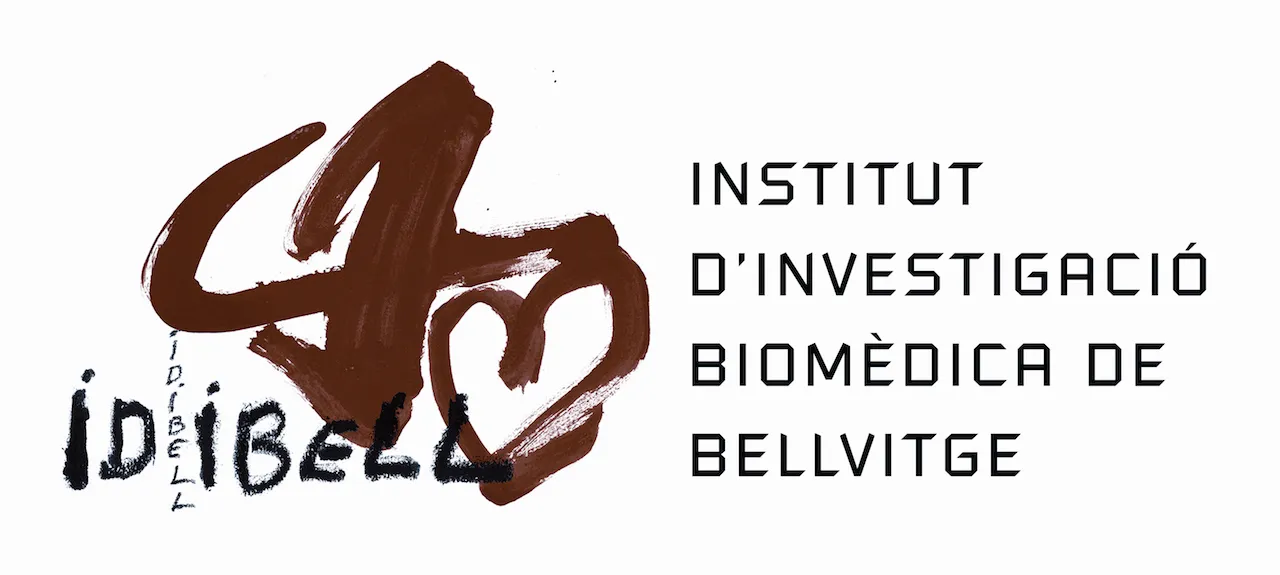Scientists from the Bellvitge Biomedical Research Institute (IDIBELL) have found in experimentation with animals a possible target to treat type 2 diabetes, a disease that affects more than 350 million people worldwide.
The most characteristic brand of type 2 diabetes mellitus is insulin resistance, which is initially compensated by an increase in pancreatic beta size, which are responsible for producing insulin, until they collapse and die and dieIt is when the disease enters an advanced state.
Now, researchers from the IDIBELL Metabolism and Cancer Laboratory, led by Sara Kozma, have demonstrated in animal models that the inhibition of the 'S6K1' protein can be a potential treatment for type 2 diabetes.
In a study published this week in the magazine "Journal Clinic of Research", researchers have shown that animals that do not have 'S6K1', a kinase protein, are more insulin sensitive and, therefore, need less and notThey develop diabetes.
In previous studies, Kozma's group had observed that the deficient mice in 'S6K1' were smaller and presented circulating insulin levels below normal.
"We demonstrated that the beta cells of these animals were smaller and produced less insulin, and that in the absence of S6K1, the peripheral tissues of the animal became more insulin sensitive and did not develop the disease, even when they were subjected to a dietrich in fat, "explained the researcher.
In his research, the Kozma group has used the embryonic rescue technique to understand why the beta cells of these mice were smaller.
They implemented embryonic stem cells in S6K1 in placentas of normal mice and saw that although the embryo reached a normal size, their beta cells remained small.
Therefore, the size of beta cells is independent of the development of the mouse in the uterus and is the absence of 'S6K1' in peripheral tissues that allows the increase in the sensitivity to the insulin of the animal.
Therefore, researchers have concluded that protein inhibitors can serve as insulin sensitizing potentials to protect against their insensitivity and treat type 2 diabetes.


